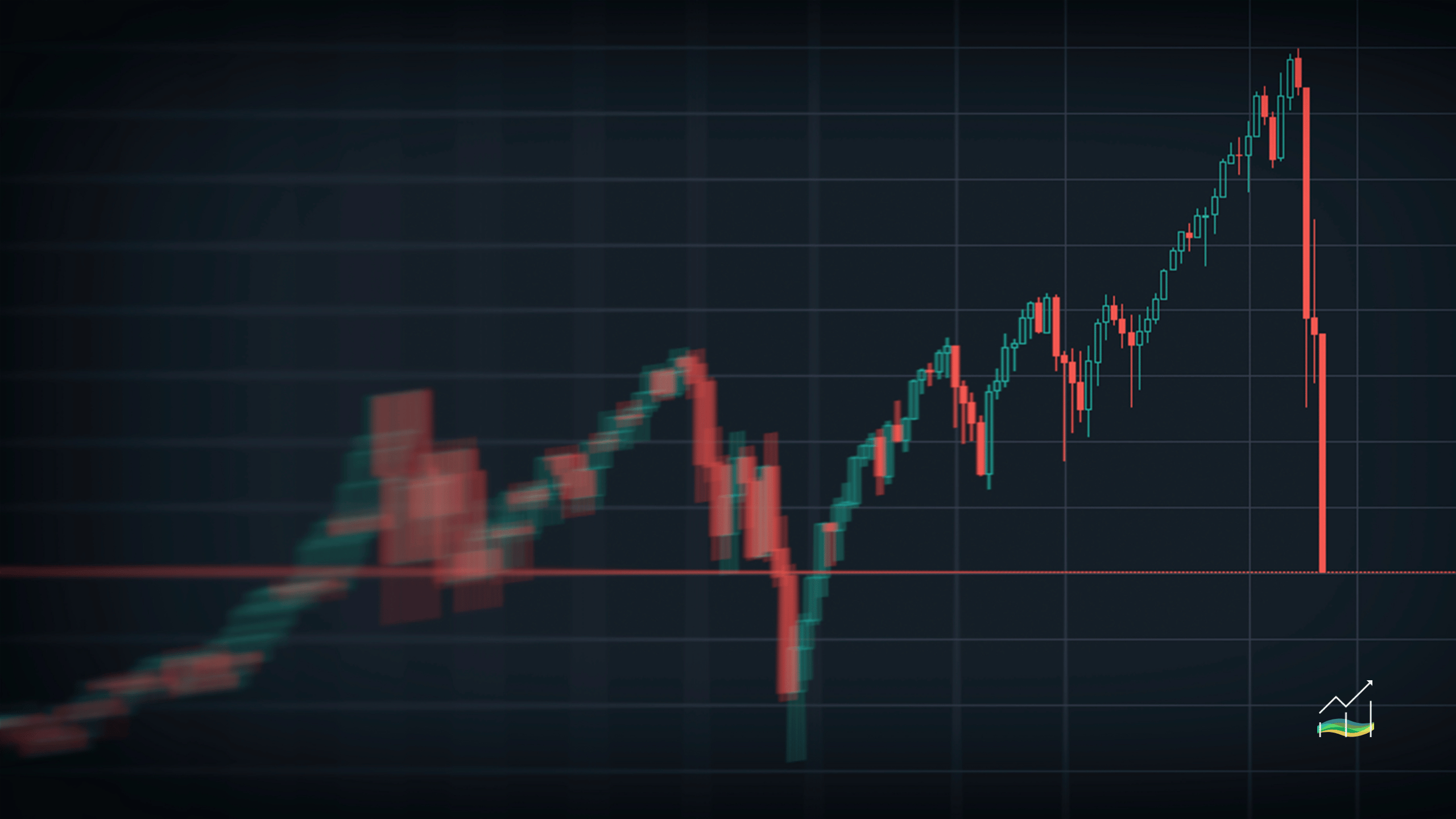05/03/2025 Traders Mindset

The Psychological Toll of Trading
Key Takeaways:
- Trading can take a serious emotional toll, leading to stress, anxiety, and self-doubt.
- Losses often feel more painful than wins feel rewarding, creating an emotional imbalance.
- The pressure to perform can lead to burnout, overtrading, and impulsive decisions.
- Managing emotions is just as important as having a solid trading strategy.
What does it feel like to see a trade go against you? A pit in your stomach, a rush of panic, the urge to “fix” it immediately? Trading isn’t just about numbers on a screen—it’s a mental battle. One moment, you're on top of the world after a big win. The next, a single loss can wipe out your confidence.
This emotional swing isn’t just frustrating—it’s exhausting. If you’ve ever questioned whether you’re cut out for trading after a string of losses, you’re not alone. The constant pressure to be right can make even the most experienced traders second-guess themselves.
Why Losses Hurt More Than Wins Feel Good

Losing money in trading feels personal, even when it’s just part of the game. The pain of a loss lingers far longer than the excitement of a win. It’s not just about money—it’s about self-worth, control, and expectations. The brain is wired to avoid losses, making it tempting to chase bad trades or hold on too long, hoping for a turnaround.
Have you ever ignored your stop-loss, convincing yourself the market would reverse? Or taken an unnecessary trade just to “make back” what you lost? These behaviors stem from the deep emotional impact of trading losses.
Stress, Burnout, and Mental Fatigue

Trading isn’t just about charts and strategies—it’s about endurance. The constant decision-making, the late nights analyzing setups, the mental strain of watching the market—it all adds up. Over time, stress can lead to burnout, affecting not just trading performance but also personal life.
You might start feeling irritable, constantly checking the market, or struggling to switch off. Sleep gets disrupted, relationships suffer, and the weight of every decision feels heavier. At its worst, trading stress can make you feel isolated—like no one else understands the pressure you're under.
Protect Your Mental Well-Being
- Accept that losses are part of the game. Even the best traders lose. The key is managing risk and staying consistent.
- Set clear rules and stick to them. Remove emotions from your trading decisions by having a well-defined plan.
- Take breaks. Overtrading leads to exhaustion. Walk away from the screen when needed.
- Keep a trading journal. Write down your thoughts and emotions after each trade to recognize patterns in behavior.
- Prioritize mental and physical health. Exercise, get enough sleep, and engage in activities that reduce stress.
Trading is as much a psychological game as it is a financial one. If you’re feeling overwhelmed, remember—you’re not alone. Every trader faces emotional hurdles. The key is learning to manage them before they start managing you.
How do you handle the emotional ups and downs of trading?
© 2025 SKONE Enterprise (003319453-V). All rights reserved.
The content on this site is for informational purposes only and does not constitute financial advice.


